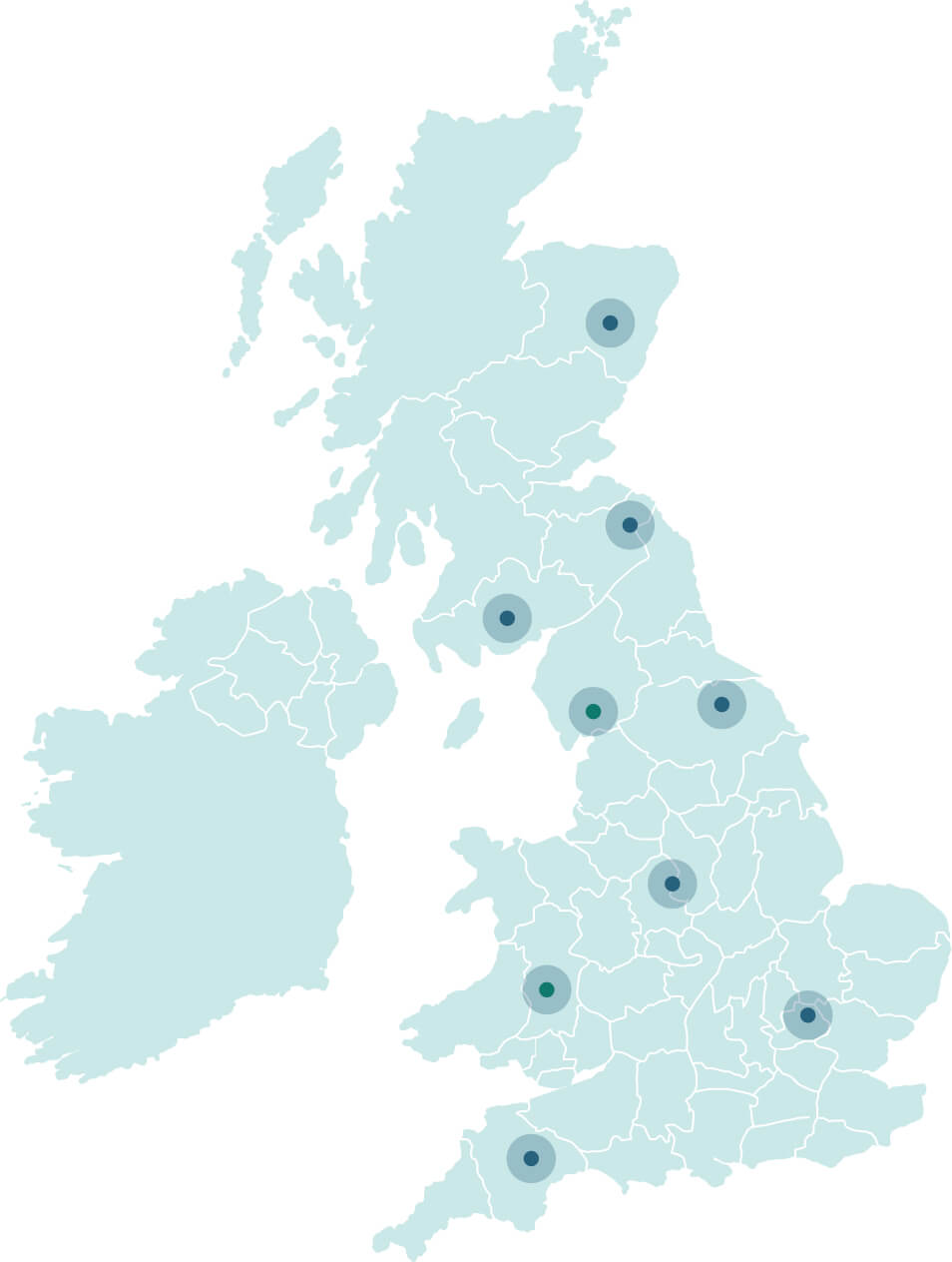We're here to listen, guide you through your options, and provide answers to any questions you may have.
What is CBT?
Cognitive behaviour therapy (CBT) is one of the most well-known and most enquired-about talking therapies. It's also one of the most effective ways to help various issues, including depression, anxiety, and low self-esteem.












